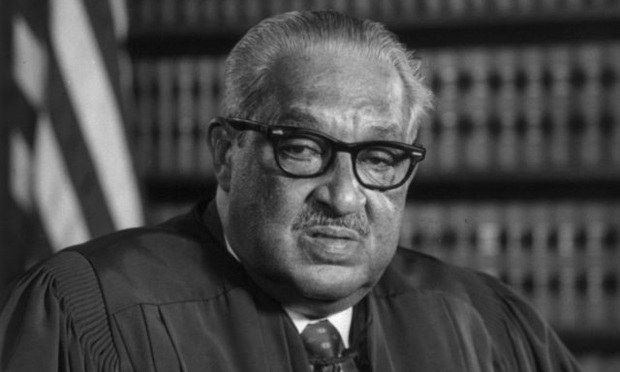The U.S. Supreme Court decision in Brown v. Board of Education is the high-water mark of American constitutional law. Insofar as it held that American state-sponsored racial apartheid was inconsistent with the Constitution’s equal-protection guarantees, the court implicitly repudiated the moral obscenity of Plessy v. Ferguson’s separate-but-equal doctrine. No decision the court has rendered in the past 100 years has had a more profound and lasting impact than Brown.
No other educational institution—or indeed no other institution—has had a deeper connection to and greater responsibility for Brown than Howard University School of Law (HUSL). Charles Hamilton Houston devised the legal strategy for, and initiated the early cases that led to, Brown while serving as HUSL dean. Many of Houston’s colleagues and students, including George E.C. Hayes, Oliver Hill, Spotswood Robinson, James Nabrit, Leon Ransom, Robert Carter, Harold Boulware and Thurgood Marshall, went on to serve as lead lawyers in Brown and related desegregation cases. Today, Brown remains the core of HUSL’s identity and the lodestar of our mission. No student enters our doors without learning about Brown, and none leaves without understanding HUSL’s role in it.
This content has been archived. It is available through our partners, LexisNexis® and Bloomberg Law.
To view this content, please continue to their sites.
Not a Lexis Subscriber?
Subscribe Now
Not a Bloomberg Law Subscriber?
Subscribe Now
LexisNexis® and Bloomberg Law are third party online distributors of the broad collection of current and archived versions of ALM's legal news publications. LexisNexis® and Bloomberg Law customers are able to access and use ALM's content, including content from the National Law Journal, The American Lawyer, Legaltech News, The New York Law Journal, and Corporate Counsel, as well as other sources of legal information.
For questions call 1-877-256-2472 or contact us at [email protected]






